
Why is it normal to talk to friends about seeing a doctor for a sore throat but not to talk to them about seeing a therapist because of a mental health concern? Why do we feel more comfortable talking to someone about their physical health but not their mental health? Why do we avoid talking to others about their substance use but feel comfortable commenting on the food they eat? These social norms based around stigma against mental illness and substance use disorder can get in the way of us supporting others during their most vulnerable time. You can help change these social norms by normalizing conversations about mental health and addiction. Maybe you start speaking openly about your own mental health struggles or start a conversation with family, friends or coworkers about their mental health. Normalizing conversations about mental health and addiction makes it easier for individuals who are struggling to talk to others and seek needed support. Talking about mental health and addiction can save lives. The resources below are designed to give you the tools you need to increase your confidence in navigating these conversations so that you can help others feel safe in sharing their own mental health or substance use concerns as well.

Do You Want To Learn More? Check Out These Additional Resources:
Get Past Assumptions & Connect
Watch Dan Berstein’s Tedx Talk about his journey to being open with his bipolar disorder, and how conflict resolution skills can help us overcome barriers to having conversations about mental health.
How to have a Mental Health Conversation with Youth
Check out the Do’s and Don’ts of Mental Health Conversations, created by Wellbeings.org. This guide provides helpful language tools and guidance for discussing mental health concerns with youth.
Spread The Word!

Community Resources:
Thank you to our 2024 sponsors:
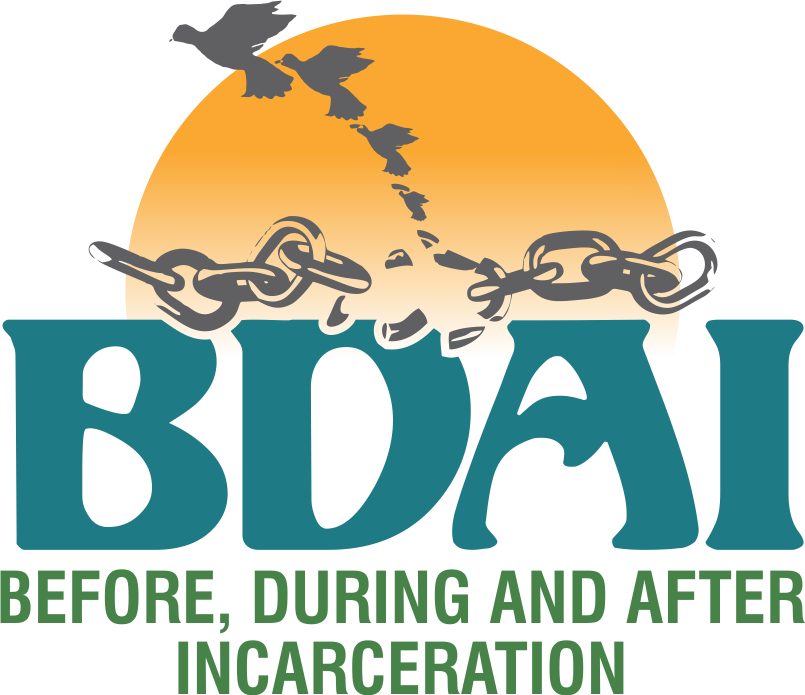
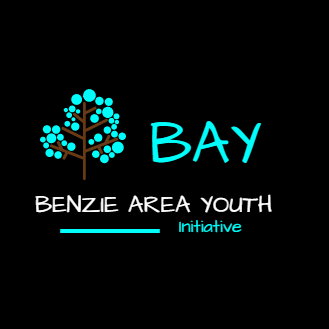
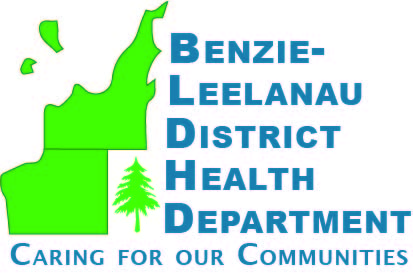
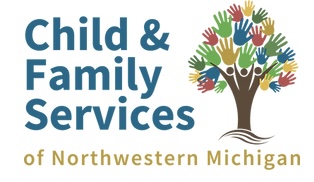

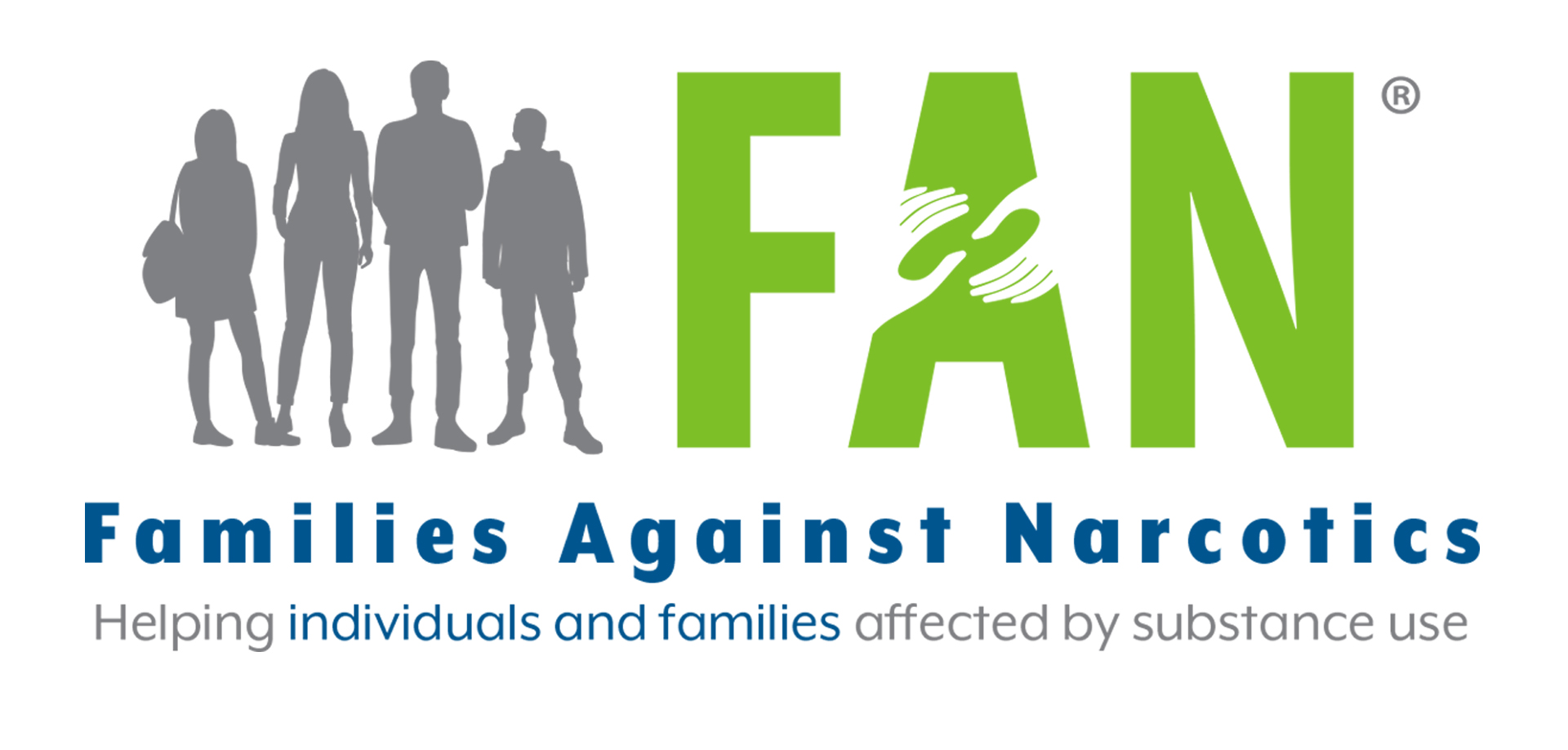


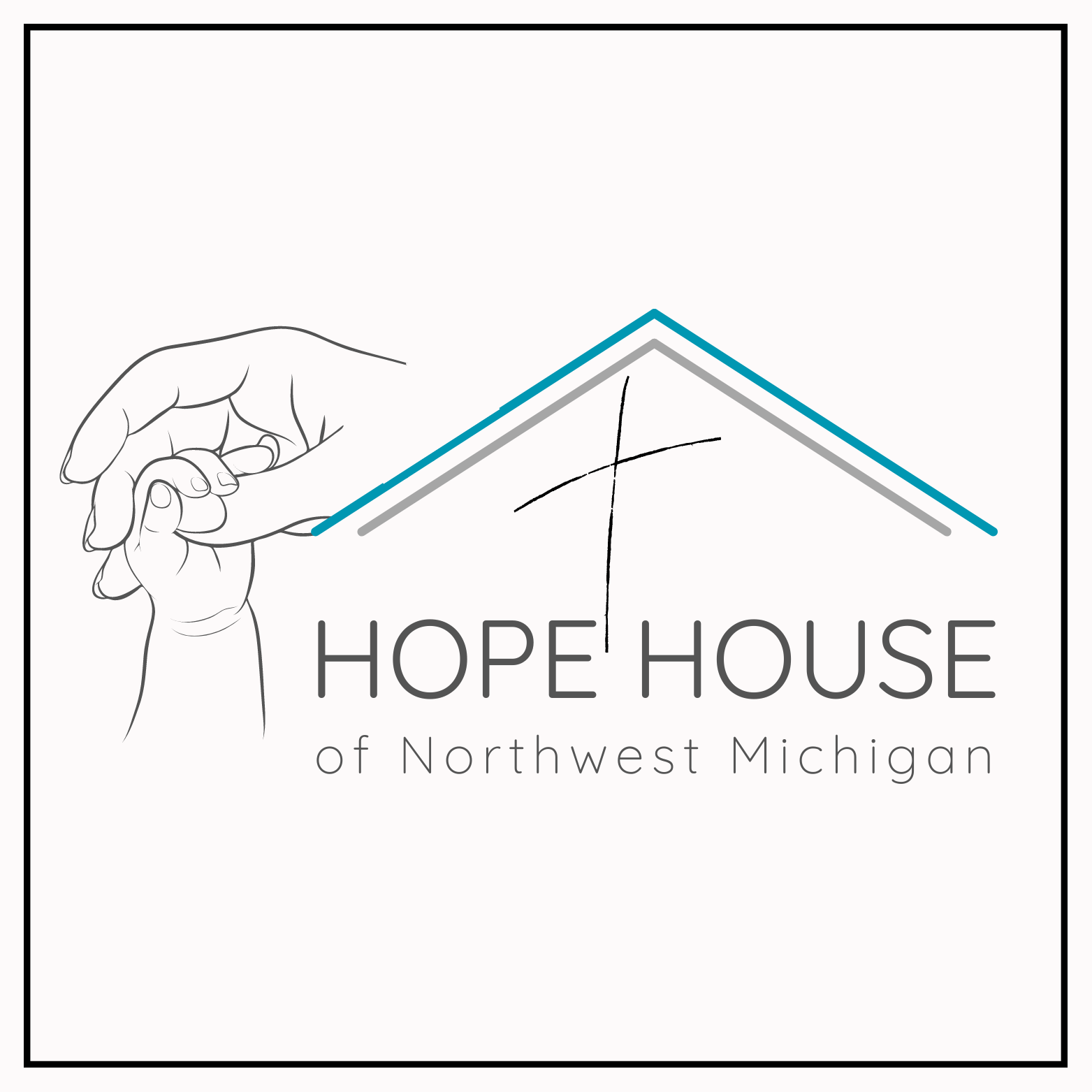
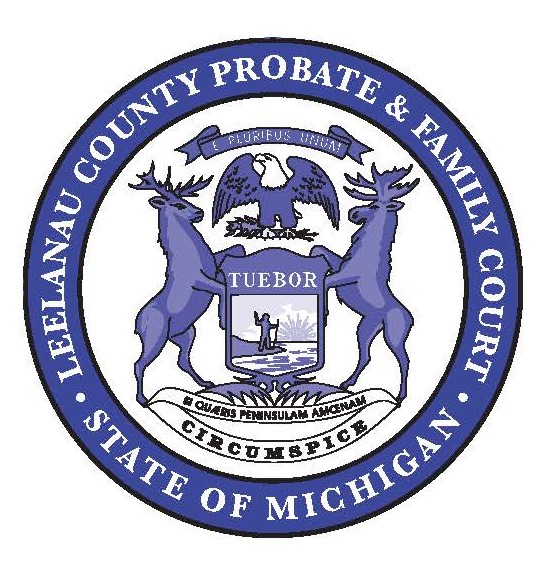
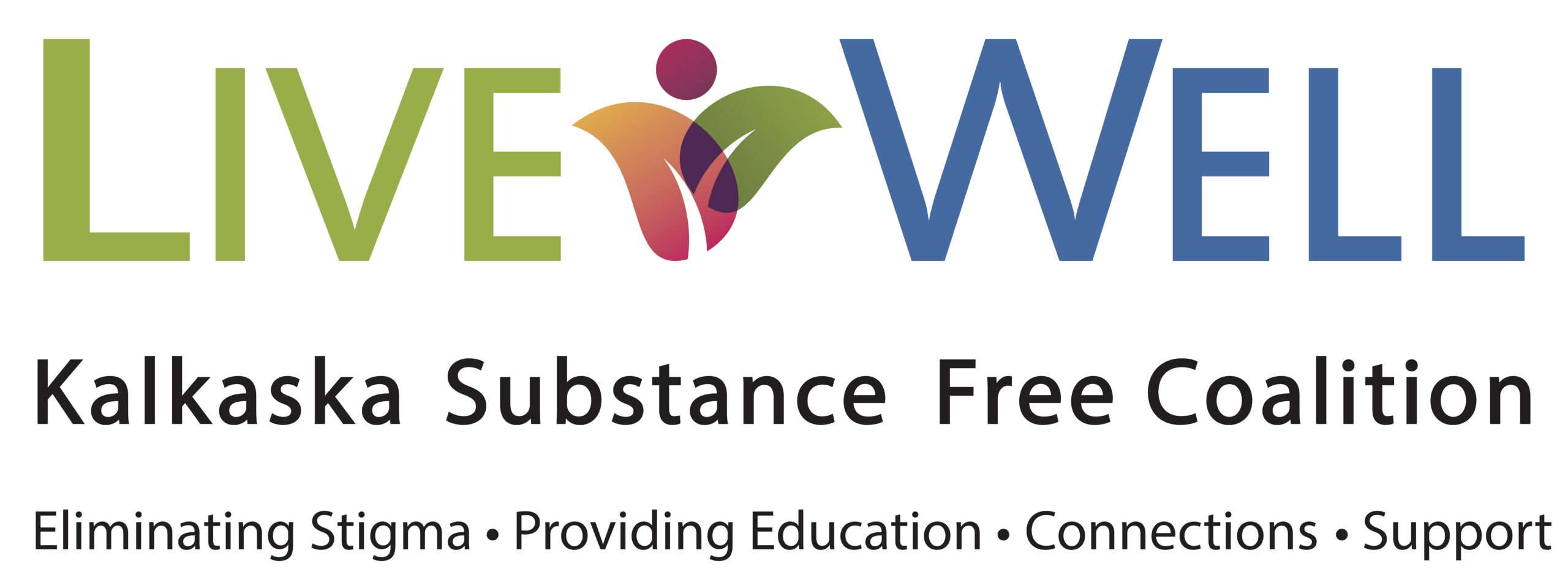

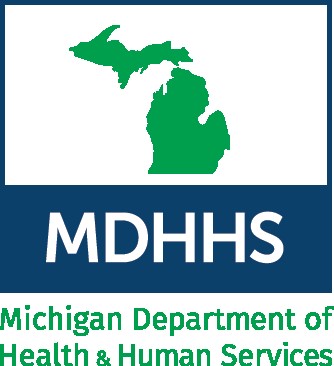
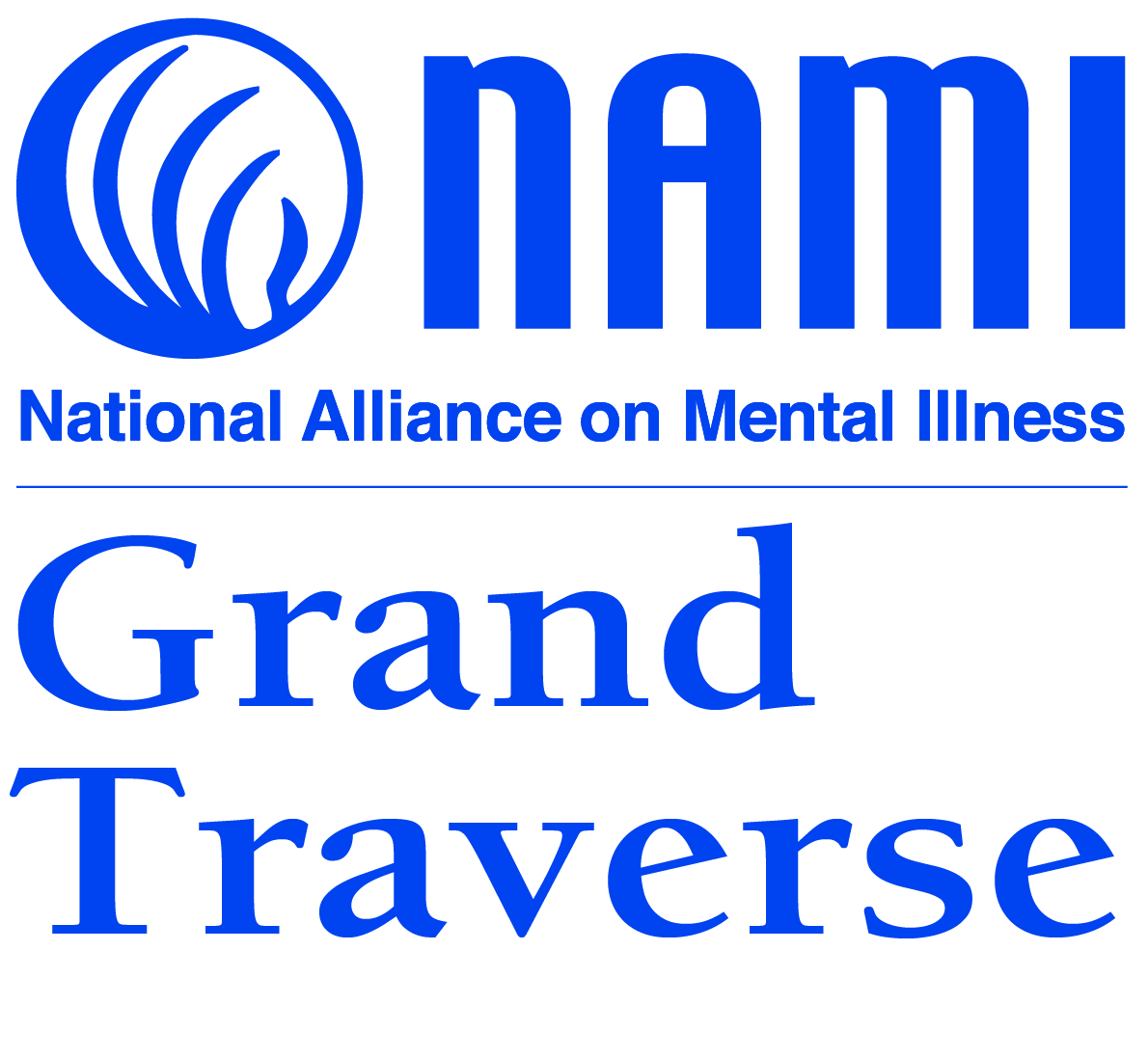




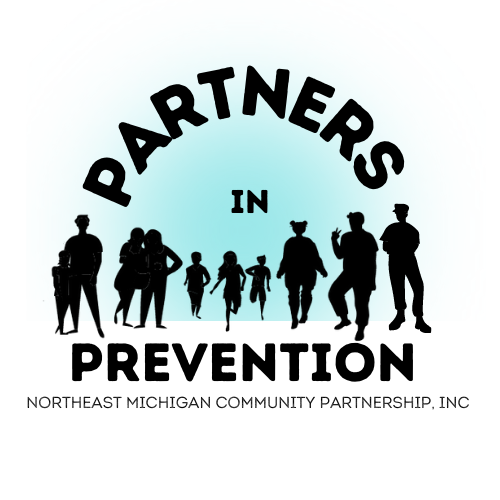


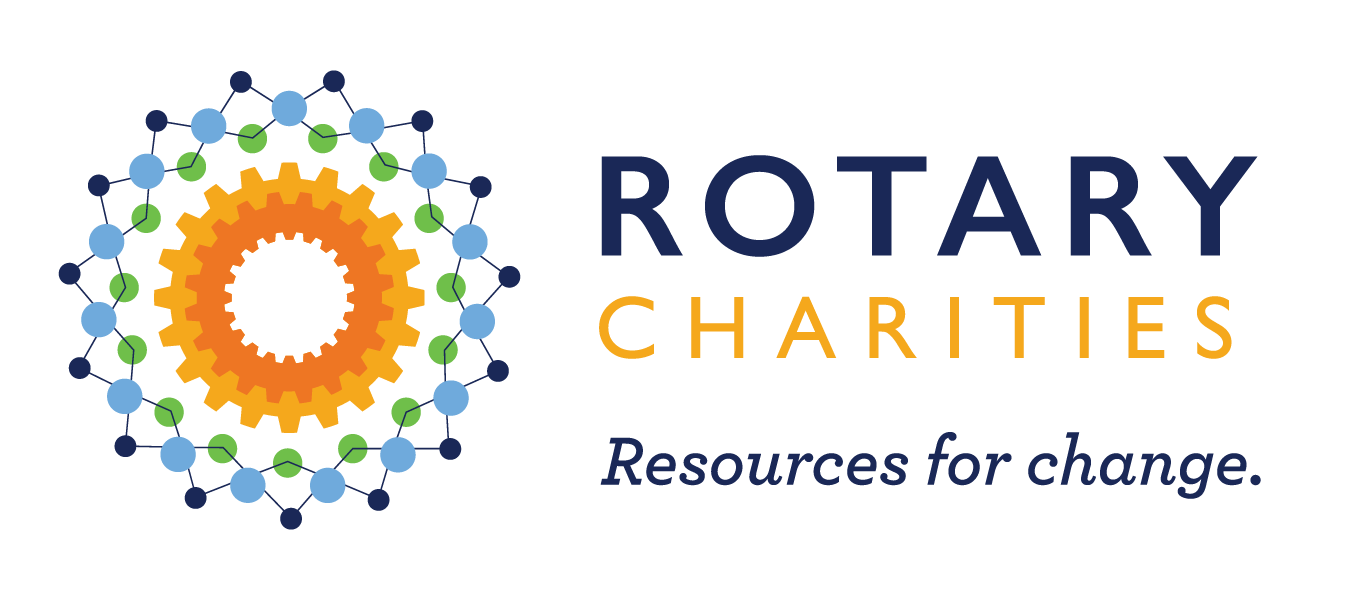



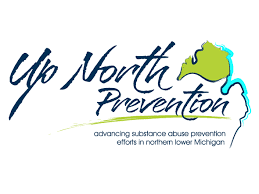
![]()
